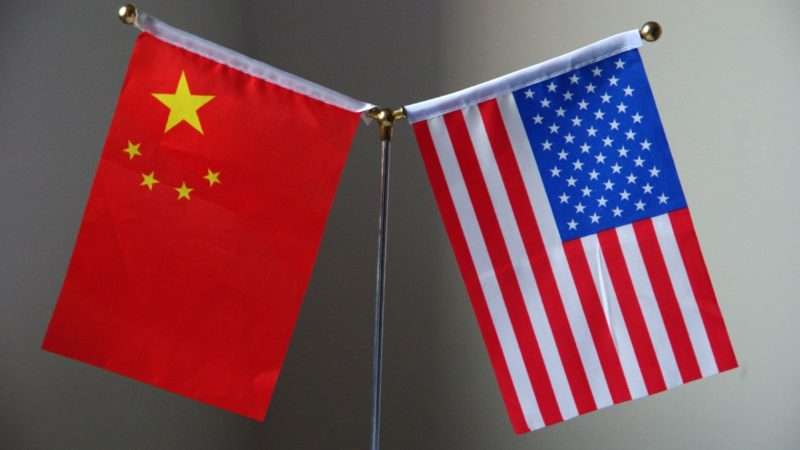
On Tuesday, China banned the export of gallium, germanium, antimony, and industrial diamonds to the U.S., in response to U.S. trade and investment restrictions on Chinese technology companies. Though tit-for-tat tariffs occasionally lead to bilateral trade agreements, protectionism is more frequently a response in kind. China's rare materials ban is the latest such response in the ongoing U.S.–China semiconductor trade war.
China's ban was a direct response to the Bureau of Industry and Security's (BIS) interim final rule, also filed Tuesday, which updated export controls on advanced semiconductors and the machinery used to make them. BIS's rule aims to hinder China's capacity to produce advanced-node integrated circuits by restricting "the export of 24 types of chipmaking tools that were not previously targeted," according to The Financial Times.
Advanced-node ICs are semiconductors featuring high transistor density, processing speed, and artificial intelligence capability, which the bureau warns is crucial to China's "military modernization and weapons of mass destruction [WMD] programs." Claims of WMD programs are frightening, but circumspection is warranted: Advanced-node ICs are also used in a wide variety of consumer products. Examples include Apple's A17 bionic chip, used in the iPhone 15 Pro; Apple's M3 chip, used in modern MacBooks; and Qualcomm's Snapdragon 8 Gen 3, which drives the Samsung Galaxy S24 Ultra.
Nonetheless, BIS bills its export controls as allaying the national security concerns posed by the 140 companies added to the Entity List on Tuesday. The BIS says all 140 entities are guilty of at least one of the following: developing and producing advanced-node integrated circuits, semiconductor manufacturing equipment, or supporting the Chinese government's Military-Civil Fusion Development Strategy.
Tuesday's interim final rule is merely the latest in a yearslong campaign against Chinese chip research and development. The bureau began publishing rules in October 2022 aimed at retarding China's development of "certain enhanced data processing and analysis capabilities, including through AI applications" that can be used to facilitate weapons design and testing.
Subsequent BIS regulations issued in 2023 imposed controls on semiconductor manufacturing items and advanced semiconductors to reduce the country's ability to produce "advanced artificial intelligence systems, autonomous weapons, cyberweapons, hypersonics, and high-tech surveillance applications."
China's retaliatory bans share a similarly extensive history. In July 2023, China required licenses to export gallium and germanium, which are required to manufacture semiconductors and solar panels, to the U.S., reports the Associated Press. In August, China restricted American exports of antimony, which is used to make batteries and nuclear weapons.
The BIS export controls are seconded by the Office of Investment Security's November rule prohibiting or requiring notification of investment in dual-use Chinese technology, which takes effect January 2025. The rule is not limited to technology intended for military use, but applies to all "front-end semiconductor fabrication equipment designed for performing the volume fabrication of integrated circuits."
Banning American firms from exporting advanced chips and semiconductor manufacturing equipment won't stop Chinese technological development. Despite being on the entity list since 2019, Huawei has grown to comprise nearly 4 percent of the global smartphone market and was the only firm to witness triple-digit growth this year.
The technological trade war reduces the productive and military capacity of both countries, not just China. Technonationalism harms American and Chinese consumers, hinders economic growth, reduces cross-cultural cooperation, and makes aggression more attractive.
The post China Goes Tit for Tat Over U.S. Chip Bans appeared first on Reason.com.







